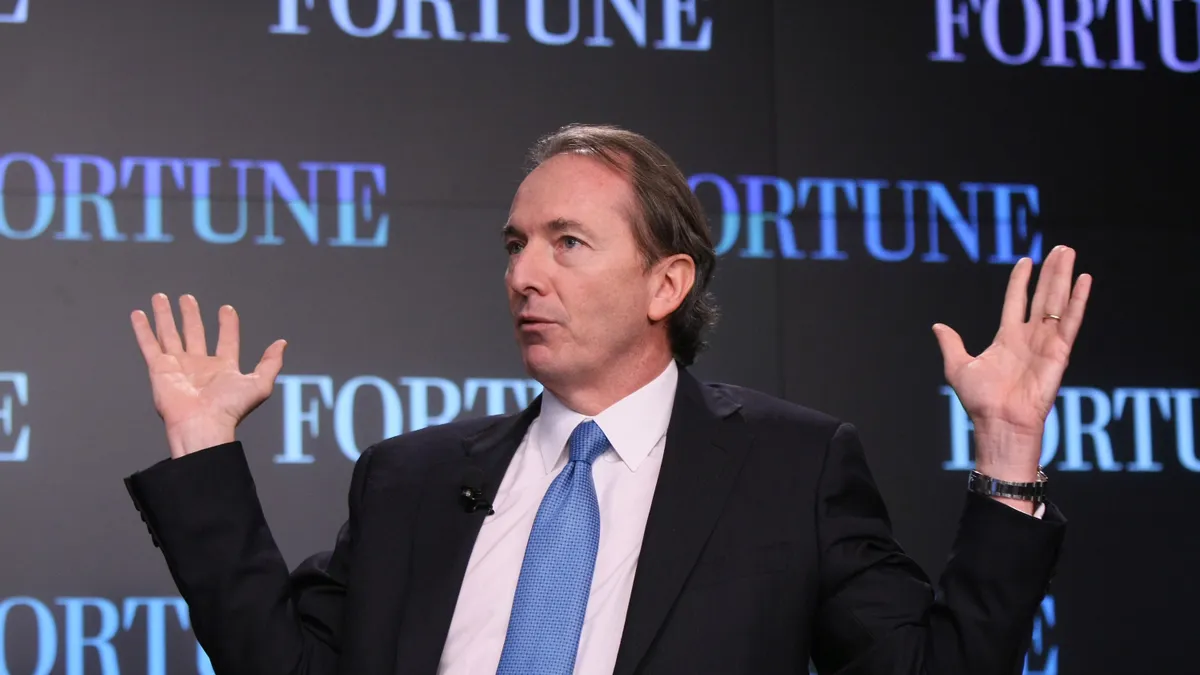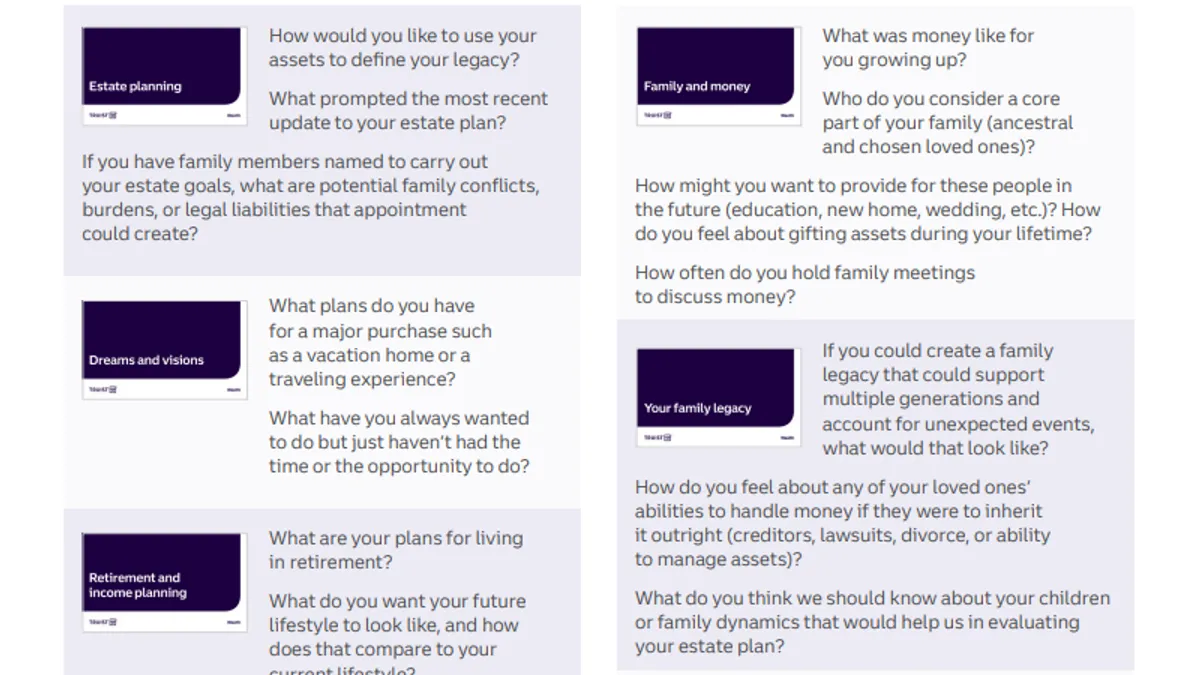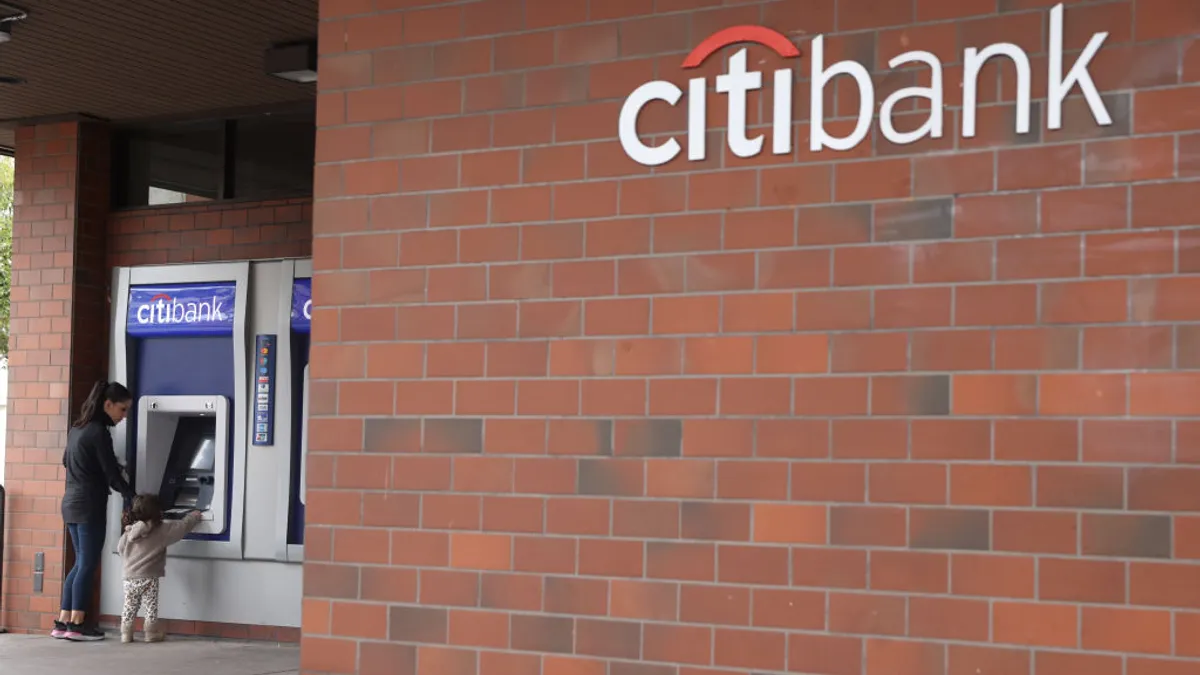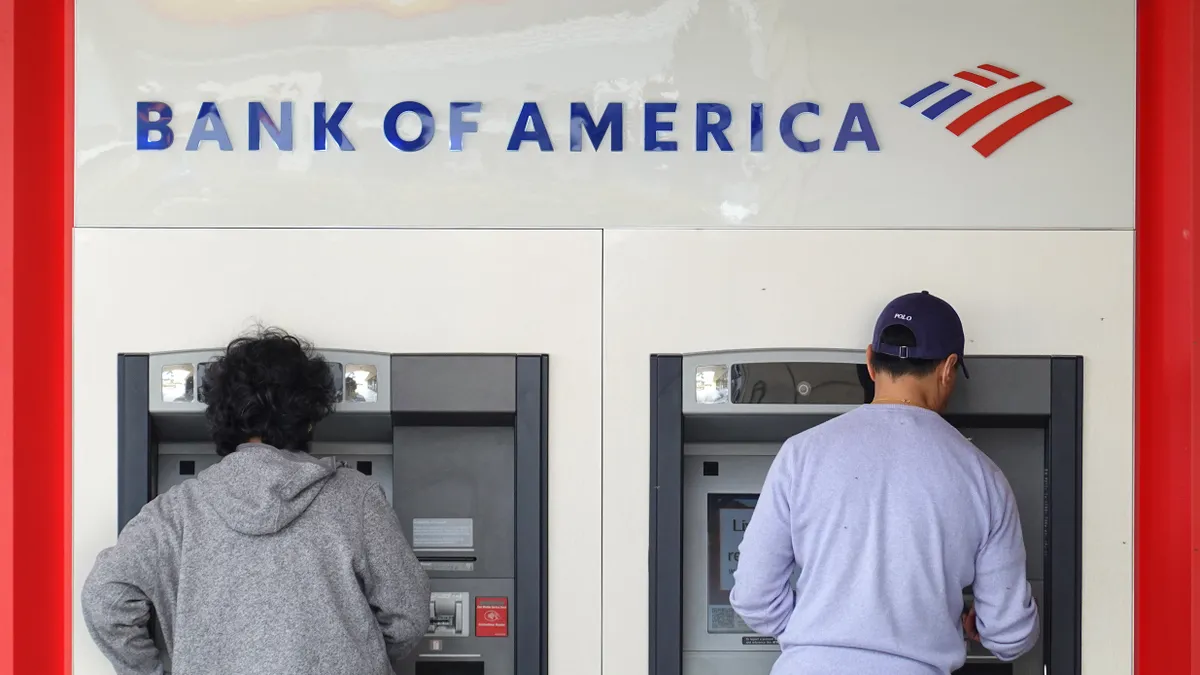UPDATE: Jan. 19, 2022: JPMorgan Chase is raising the starting salary for its first-year investment banking analysts to $110,000, Bloomberg reported Wednesday.
That matches a compensation level Goldman Sachs and Morgan Stanley broached in August and Citi met last week. It also marks the second pay boost those analysts have seen since June, when the nation’s largest bank brought entry-level pay up to $100,000.
Pay for second-year analysts at the bank will rise to $125,000, with third-year analyst compensation starting at $135,000, the wire service reported, citing an anonymous source, who added that internationally based junior analysts will see pay boosted to those levels, too. The bank, additionally, is bolstering pay in its markets unit, the person said.
---------
Banks have checked their fourth-quarter numbers and are reinvesting some of 2021’s healthy profit margin into their people from the top of the pay scale to the bottom.
Citi bumped up the base salary for its first-year analysts to $110,000, Bloomberg reported Friday, citing an anonymous source. That would mark the bank’s second pay boost at the entry level in just over six months: Citi increased junior investment banker pay to $100,000, effective July 1. The new pay level would put Citi on par with Goldman Sachs and Morgan Stanley, which ratcheted up base salaries to $110,000 in August.
Base pay for second- and third-year bankers will jump to $125,000, Bloomberg reported, and the increases aren’t limited to investment banking, where revenue increased 30% in 2021. Sales and trading are getting similar bumps.
"We have seen some pressure in what one has to pay to attract talent," Mark Mason, Citi’s CFO, said during an earnings call Friday, according to Reuters. "So yes, you've even seen it at some of the … entry levels in the organization."
At the opposite end of the compensation scale, Goldman Sachs is giving one-time rewards to its approximately 400 partners, Bloomberg reported. The payouts, expected to total in the millions of dollars for some, come in addition to annual bonuses. The rewards — coming after a year in which Goldman hit its annual revenue record by September — won’t figure into partners’ future compensation calculations but may be seen as tokens to keep executives from jumping to competitors.
And oh, are there competitors.
"There’s global competition, there’s nonbank competition, there’s direct private-lending competition, there’s Jane Street competition, there’s Citadel competition, there’s fintech competition, there’s PayPal competition," JPMorgan Chase CEO Jamie Dimon said Friday, according to Bloomberg. "It’s a lot of competition. And we intend to win. And sometimes that means you got to spend a few bucks."
Dimon wanted to be "very, very competitive on pay," he said Friday, heaping praise on "top bankers and traders and managers" for doing "an extraordinary job in the last couple of years."
If paying talent more "squeezes margins a little bit for shareholders, so be it," Dimon said.
"I think wages going up is a good thing for the people who have the wages going up," he said, according to CNBC. "CEOs shouldn’t be crybabies about it. They should just deal with it. The job is to serve your client as best you can with all the factors out there."
Compensation boosts announced Friday at competitor Morgan Stanley come in the form of promotions to a rung of the bank’s middle management. The bank named 199 new managing directors Friday — its largest addition to that level in roughly 10 years. Women comprise one-third of the new class, a source told Bloomberg. That compares with 30% among this year’s class at Goldman Sachs and 34.6% at Citi. About 20% of the bank’s new U.S.-based managing directors are Asian, 10% are Black, and 6% are Hispanic, Bloomberg reported.
But personnel is not the only silo seeing a swell in spending. JPMorgan’s estimate that it would boost expenses in 2022 by 8% — affecting profitability this year and next — raised red flags among some analysts who sought greater detail.
"Even Jamie Dimon, one of the best bankers of his generation, doesn’t get a free pass to increase investment spending by half over three years without giving more granularity about expected benefits," Wells Fargo analyst Mike Mayo told the Financial Times.
JPMorgan said Friday it planned to increase new investments this year by $3.5 billion, or 30%, to almost $15 billion. The bank’s tech spend is set to hit $12 billion in 2022. By comparison, compensation and travel expenses are getting an extra $2.5 billion.
"The global technology spend at around $12 billion, that’s an astonishing number," James Shanahan, an analyst with Edward Jones, told the Financial Times. "That probably blows away the cumulative dollar value of investment of all the fintechs in the world that are trying to disrupt them."
Tech investments now will reduce operating costs later, spending advocates argue. But the gains won’t come immediately.
"You, as a shareholder, as an outsider, are never going to be able to tell the difference between investment spending and just plain old spending until three years later," Chris Kotowski, a bank analyst at Oppenheimer, told the Financial Times. "So you just have to take it on faith."























